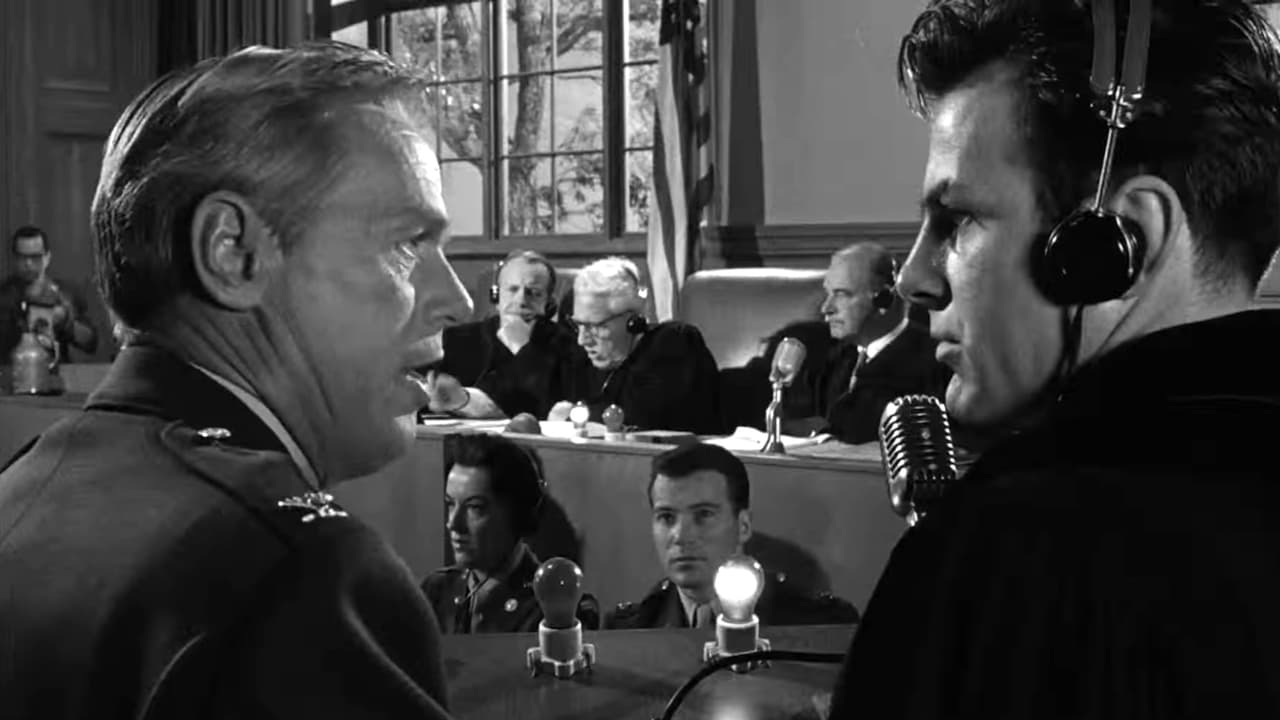When it comes to classic cinema, few films stand as tall as Stanley Kramer's 1961 masterpiece, Judgment at Nuremberg. This gripping drama set amidst the waning days of World War II offers a captivating look at the moral complexities faced by the world in the aftermath of atrocity. It's a film that weaves compelling courtroom drama with intense ideological debate, making it one of the best war movies to grace the silver screen. In this movie review, let's dive into what makes this film a timeless piece of storytelling.
The plot, written by Abby Mann, is a fictionalized yet potent depiction of the real-life 1947 Judges' Trial. The storyline is set in Nuremberg, Germany, where Hitler's subordinates are held accountable for their heinous actions. An eye-opener for history buffs and movie lovers alike, the film meticulously dissects what it means to be human in the face of tyranny. It tackles heavy themes like justice, complicity, and collective guilt, posing moral questions that linger long after the credits roll. And let's be honest, who doesn’t love a good courtroom drama with gravitas and intellectual banter?
Speaking of gravitas, the acting in this film is like a masterclass in and of itself. Spencer Tracy delivers an earnest performance as the aging American judge. Meanwhile, Burt Lancaster plays the role of a conflicted Nazi judge with haunting nuance—reminding me a bit of the dichotomy seen in duality-of-man films like Fight Club. And let's not forget Maximilian Schell, who burst onto the screen as the defense attorney with all the fiery zeal of a newly uncorked champagne bottle. Little wonder he snagged the Oscar for his role! The cinematography, though not of today's CGI standards, employs stark black-and-white imagery, perfectly underscoring the film's somber tone. Stanley Kramer pulls no punches with his direction either—it’s clear he had a vision and boy, did he deliver. The screenplay ties everything together in a neat bow, blending courtroom tension with dramatic storytelling that never feels overwrought.
Of course, if you're a fan of courtroom dramas and war films, there are some similarities to Spielberg's Schindler’s List, another giant in the genre albeit from a different narrative angle. Both films share an unyielding focus on moral dilemmas and the human condition amidst the backdrop of war. Then there’s A Few Good Men—while lacking the historical heft, it certainly mirrors the courtroom's tension and moral quandaries. Kramer's film, however, dives deep into the collective psyche of a post-war world grappling with the consequences of its own evils.
Now, here’s the kicker—if you love a good drama that challenges your ethical ideologies and enthralls you with its storytelling prowess, Judgment at Nuremberg is a must-watch film. Forget modern distractions; sometimes, it's worth revisiting cinematic art that's built on strong foundations. Whether you're a courtroom drama aficionado or someone looking to broaden your film critique scope, this classic remains an evocative treasure trove of cinema analysis waiting to be unraveled.

